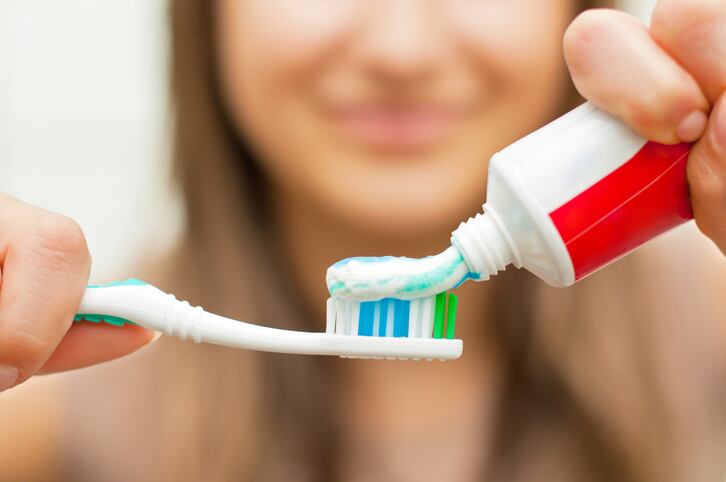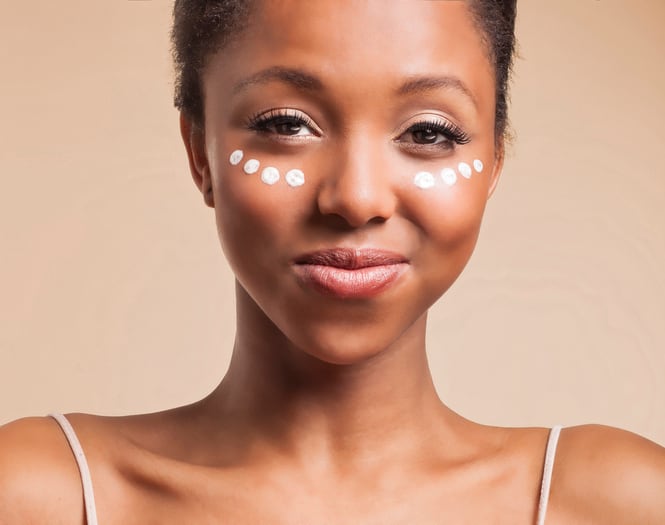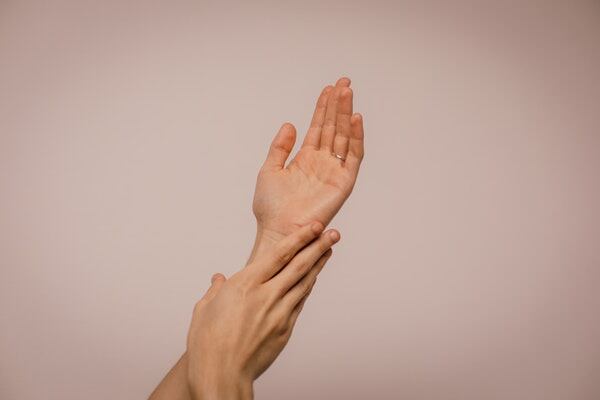Every year, international consumer knowledge specialist Kantar Worldpanel releases its Brand Footprint report, ranking the top 50 most chosen fast-moving-consumer-goods (FMCG) brands in the world, with category and regional breakdowns.
In this year’s 2019 report*, beauty and personal care brands featured strongly in the top 50 list, with 14 total, four of which secured a spot in the top ten: Colgate (no.2); Lifebuoy (no.4); Dove (no.8); and Sunsilk (no.9).
Within the beauty and personal care category, Colgate secured first place as the most chosen global brand, followed by Lifebuoy, Dove and Sunsilk. In Europe, Nivea was the most chosen brand, followed by Colgate, Dove and Garnier.
*The 2019 report rankings were based on penetration and consumer reach points for the year ending November 2018 across 72% of the global population in 49 countries across five continents, covering 85% of the global GDP.
‘You always have to remember where you came from’
Speaking to CosmeticsDesign-Europe about the rankings, Benjamin Cawthray, global thought leadership director at Kantar Worldpanel, said there were some clear learnings for industry.

“Something we’ve found this year – and this is not beauty specific, this is applicable for any brand – is that for brands to see strong growth, the obvious temptation is to expand into new markets or markets where your brand has low penetration, countries which are not your core, number-one market. What we saw this year is brands that didn't grow in their number-one market were more than likely to be in decline,” Cawthray said.
“You always have to remember where you came from, so to speak.”
Companies expanding into new markets, he said, had to maintain a stable business in their core market at the same time. “It’s not easy, as your eye might be ‘off the ball’ and it costs money to launch in new places, but it’s about managing the marketing budget so that you can keep what you’ve got,” Cawthray said.
The key to growth, of course, was in finding more shoppers, he said, but it was important to go about that strategically.
“It’s working out how many shoppers you need and then developing strategies to find them, whether that’s innovation within your core category or looking at the channels where shoppers are or are moving to. It’s also about looking at the sub-categories in and around your core category which could have good growth potential. But, as I mentioned, it’s important to always maintain your biggest market; if you’re declining in your number-one market, it’s going to be hard.”
Lessons from the top? Dove and Nivea growth was ‘no mean feat’
Asked what Colgate was doing right to maintain its spot as the world’s most chosen beauty and personal care brand, Cawthray said: “It’s a brand that is available in almost every market, that’s the first point, and it has the same branding everywhere. I think that would also be applicable to Dove.”
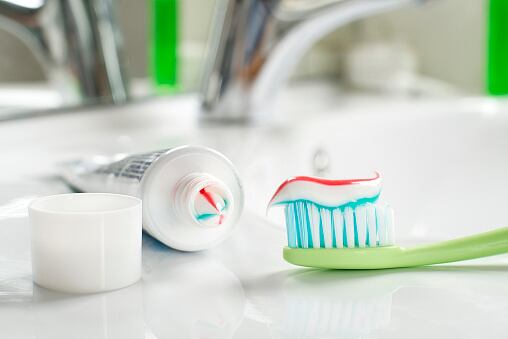
“Colgate is the most penetrated brand in the world, although it’s not the top-ranked globally (Coca-Cola is) … It’s a remarkable brand, being in more households than Coca-Cola.”
According to Kantar Worldpanel, Colgate secured 60.5% global household penetration in 2019, ahead of Coca-Cola’s 41.9% penetration.
“Obviously toothpaste is its main SKU, and behind that cleaning teeth is a need of everyone, not a nice-to-have.”
Cawthray said Dove and Nivea were also particularly interesting to talk about in more depth, as they had both “grown consistently every year” for the past seven years; since the launch of Kantar Worldpanel’s Brand Footprint reports.
“These are mass beauty brands doing the right thing in terms of consistent year-on-year growth. It’s amazing to grow in one year but even better to grow seven years consistently. It’s no mean feat.”
“…If we look at the penetration of those two brands as well – they have steadily increased how many households are buying them. Without going over the top, it’s an amazing achievement,” he said.
Nivea ‘particularly strong’ in Europe
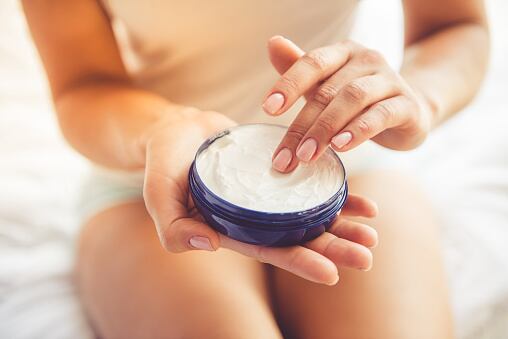
Nivea held strong in household penetration across Europe – over 50% in most markets – and more than 62% in Austria, Ireland, Portugal and the UK.
“Nivea is particularly strong in Europe. It has over half of European households buying products at least once a year. For a health and beauty brand, that’s very impressive,” Cawthray said.
Nivea’s overall consumer reach point growth was also marginally up 0.7% on the previous year.
“Where Nivea is strong is that it isn’t just skin care, they cover body wash, deodorants – that’s the next two biggest sub-categories that they play in – and this is the same for Dove; they’re not just a one-category brand.”
But, even for Europe’s most chosen brand Cawthray said there were “always more shoppers to go after”.
“…Your 2019 shoppers are going to be different to your 2018 shoppers; on average you will lose half of your buyer base. This means you have to work out, not only how to recruit them back, but also how to recruit additional ones."

